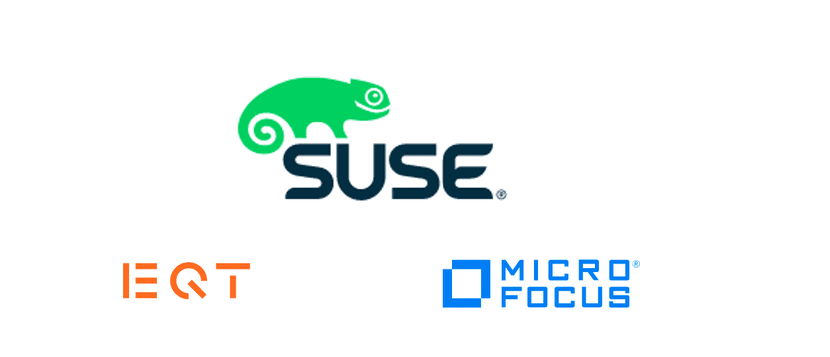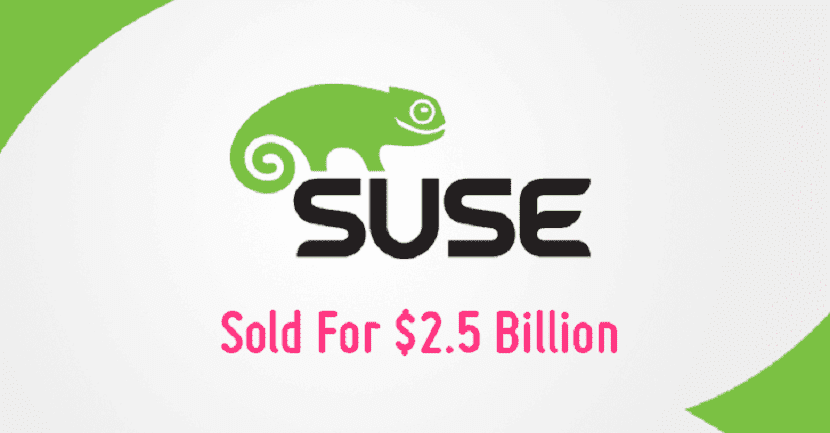
SUSE Linux is one of the Linux distributions globally, built on its origins in Slackware. SUSE it is also one of the oldest open source companies. It was the first company in the world to commercialize Linux for business.
Among the main virtues of this distribution is found whatever one of the easiest to install and manage, since it has several graphical assistants to complete various tasks, especially due to its great YasT installation and configuration tool.
Over the years, the company has changed hands many times.
It was first purchased in 2004 by Novell.
The American multinational company Novell announced that it was buying Suse. The acquisition took place in January 2004.
In 2005, at LinuxWorld, Novell, following in the footsteps of RedHat Inc., announced the release of the SuSE Linux distribution so that the community was in charge of the development of this distribution, which is now called openSUSE.
This transaction was followed by the acquisition of Novell by the Attachmate Group in 2011 and the merger of Micro Focus with the Attachmate Group in 2014.
And recently, he announced another change.
SUSE is bought back
On March 15, SUSE announced that it is once again independent after growing investor EQT has finalized its acquisition of Micro Focus for $ 2.5 billion.
EQT is a leading investment company with more than 61 billion euros raised. It took Micro Focus and EQT a while to finalize the acquisition, but now, for the first time since 2004, Suse is autonomous.
Suse also announced the extension of its management team and although its executive director, Nils Brauckmann, still at the head of the company, some adjustments will be made: Enrica Angelone will lead finance as CFO and Sander Huyts will become chief operating officer.
Thomas Di Giacomo, former chief technology officer, is now president of engineering, products and innovation.
Given the recent market developments with massive adoption by open source infrastructure companies, it's safe to say that this transition from Suse is coming at the right time.

SUSE's expertise in open source software, its brand, and its range of innovative solutions are ideally positioned to take advantage of these market dynamics and create significant value for customers and partners.
Its independent status and the support provided by EQT will allow Suse to continue its expansion.
In fact, Al Gillen, IDC's vice president of software development and open source, said:
“The return of SUSE to the role of the independent open source software company is at a crucial moment in the industry.
Open source software is the preferred way to create new solutions and is irreplaceable as the foundation for most public cloud services.
As one of the largest providers of pure-source software in the industry, SUSE's independence will benefit customers as it builds on its legacy of technical excellence, value-based partnerships, and commitment. Provide market-oriented technology solutions. «
The company is currently involved in more than 100 open source projects and serves thousands of businesses around the world.
With an ever-expanding portfolio and a self-sustaining business, the company says it is in an excellent position to meet the needs of its clients.
Brauckmann also said:
“The absence of absolute vendor lock-in and our exceptional service are most essential to clients and partner organizations.
Our independence matches our desire to provide you with the best.
Our ability to consistently respond to these market demands creates a cycle of success, momentum, and growth that enables SUSE to continue to deliver the innovation customers need to achieve their digital transformation goals and implement hybrid and multi-workload management. the cloud they need to develop their own innovation, competitiveness and growth. «
Source: https://www.suse.com
It was their turn, Canonical had ridden them and they were losing relevance.